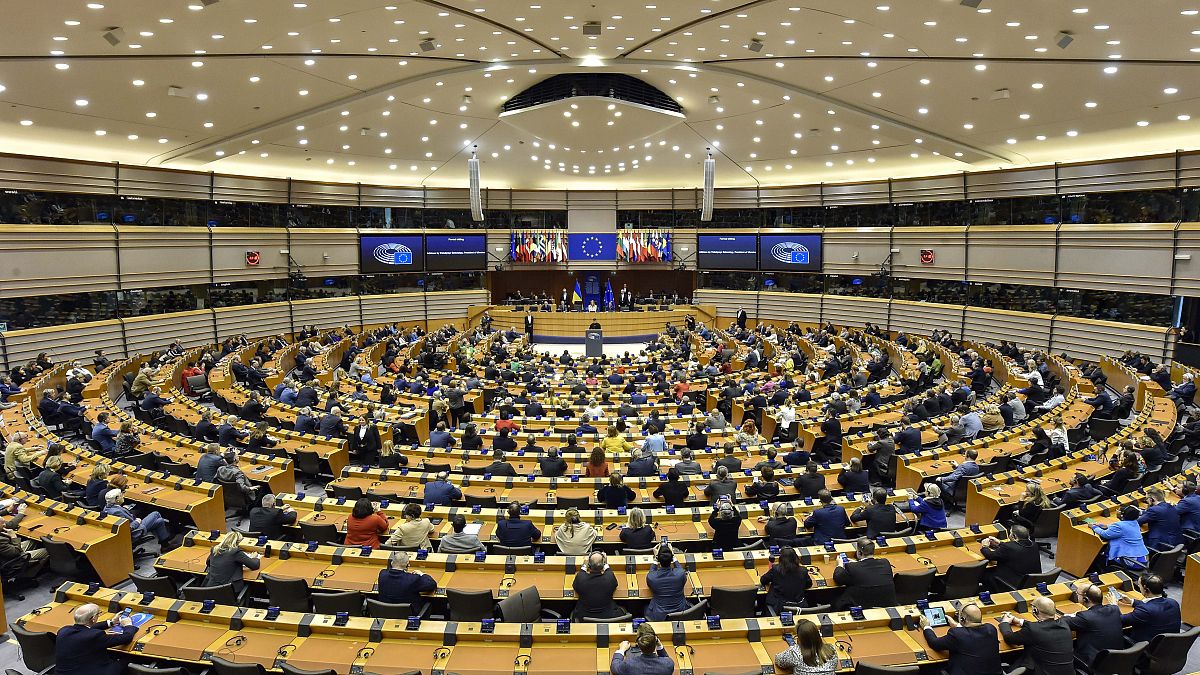The upcoming European Parliament elections will have a significant impact on economic issues in the EU over the next five years. With financial issues being a key concern for citizens, MEPs will play a crucial role in shaping laws related to capital markets and the digital euro. Here are eight prominent MEPs who are expected to influence EU economic matters in the coming years.
Stéphanie Yon-Courtin from France, representing Renew Europe, has been named the most active legislator shaping capital markets and financial policy. With a background in law and experience in the European Commission, Yon-Courtin is known for her work on fiscal rules and consumer protection reforms for retail investors.
Jonás Fernández from Spain, a member of the Socialist and Democrats group, has been a key figure in the Committee on Economic and Monetary Affairs. He led efforts on reforms to EU bank capital rules to prevent another financial crisis without hindering lending to the economy.
Markus Ferber from Germany, part of the European People’s Party, has been instrumental in negotiating the EU’s fiscal rules. He has emphasized the need for fiscal responsibility post-pandemic and has worked on the Mifid law in previous parliaments.
Kira-Marie Peter-Hansen from Denmark, representing the Greens, is one of the youngest MEPs and has been actively involved in anti-money laundering reforms and the pay transparency directive. She is a leading candidate on the Socialist People’s Party list.
Johan Van Overtveldt from Belgium, a member of the European Conservatives and Reformists, is a former finance minister and currently chairs the parliament’s budget committee. He advocates for a reform of EU spending on poorer regions towards research and development and has expressed skepticism towards cryptocurrencies.
Aurore Lalucq from France, part of the Socialists and Democrats, has called for a tax on the super-rich to fund environmental and social initiatives. She supports a new EU public job guarantee and is likely to be re-elected in the upcoming elections.
As the EU elections approach, it is essential to consider the impact of outgoing MEPs who have played significant roles in shaping economic policies. Belgian Philippe Lamberts, co-president of the Green group, will not be returning after three terms. He will be replaced by Olivier de Schutter, known for his work on employment and poverty.
Paul Tang from The Netherlands, a member of the Socialists and Democrats, will also not return after being a key figure on anti-money laundering laws. The Portuguese MEPs Margarida and Pedro Marques, who negotiated fiscal rules and worked on banking issues, will not be on the list for their party in the upcoming elections.
The new composition of the European Parliament will have a significant impact on economic matters in the EU, with MEPs playing a crucial role in shaping policies related to capital markets, financial regulations, and the digital euro. It will be interesting to see how these prominent MEPs influence economic issues over the next five years.










